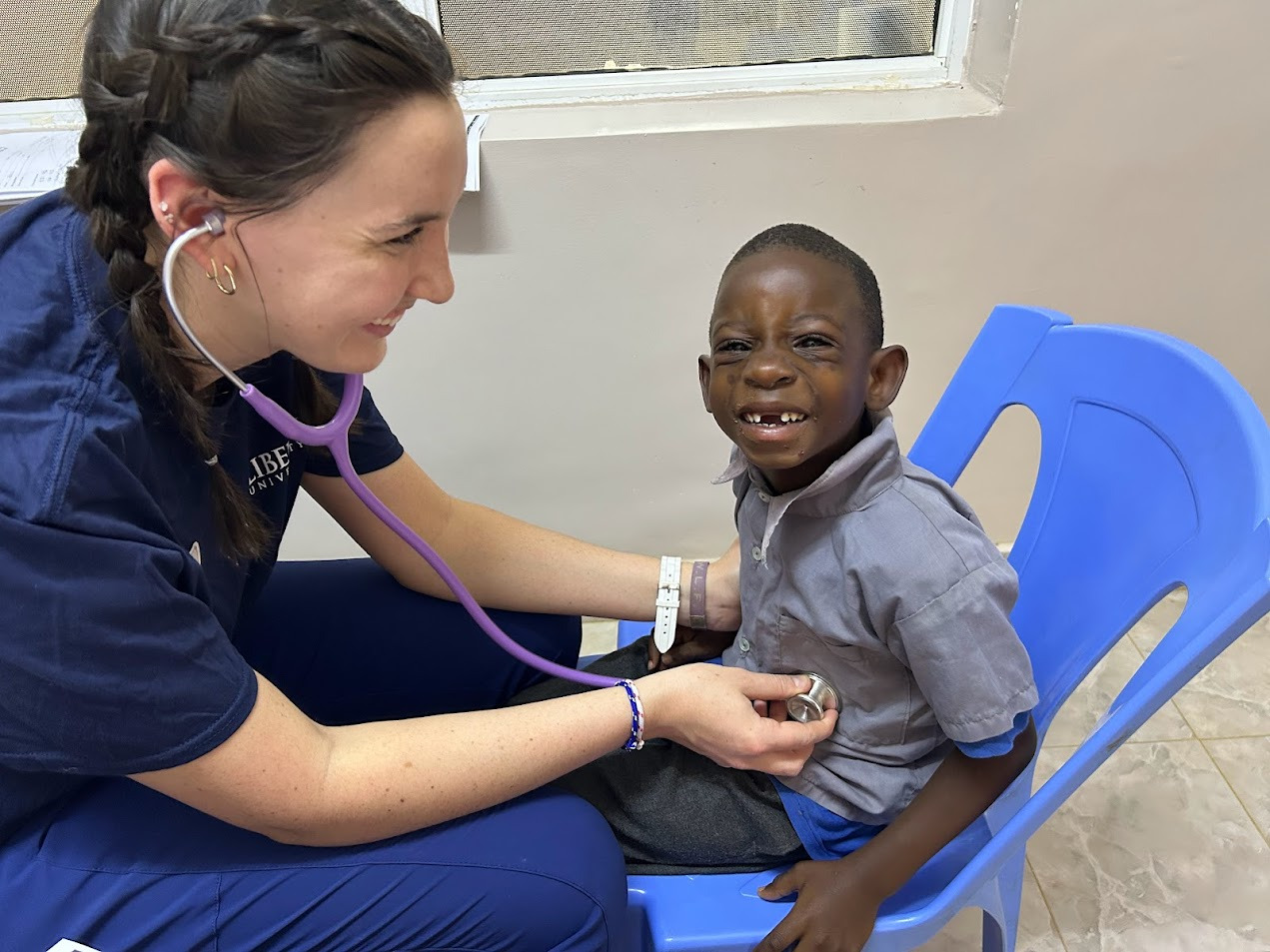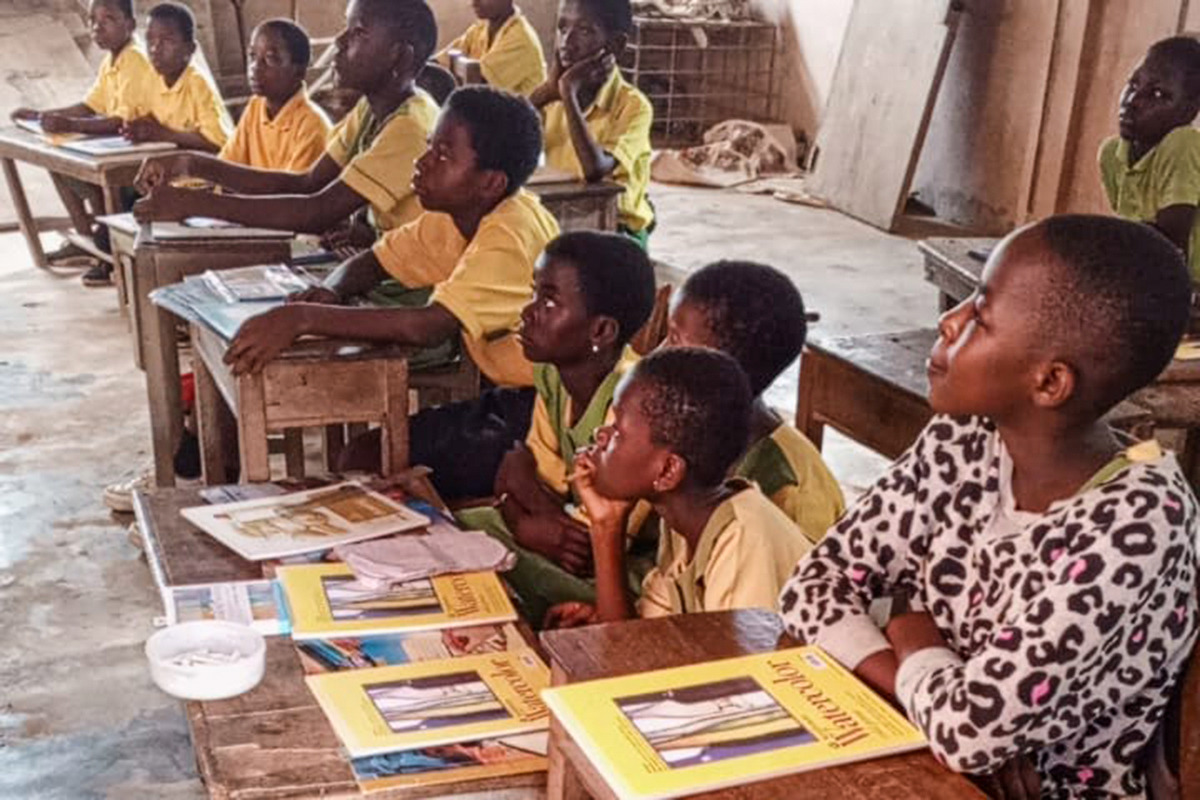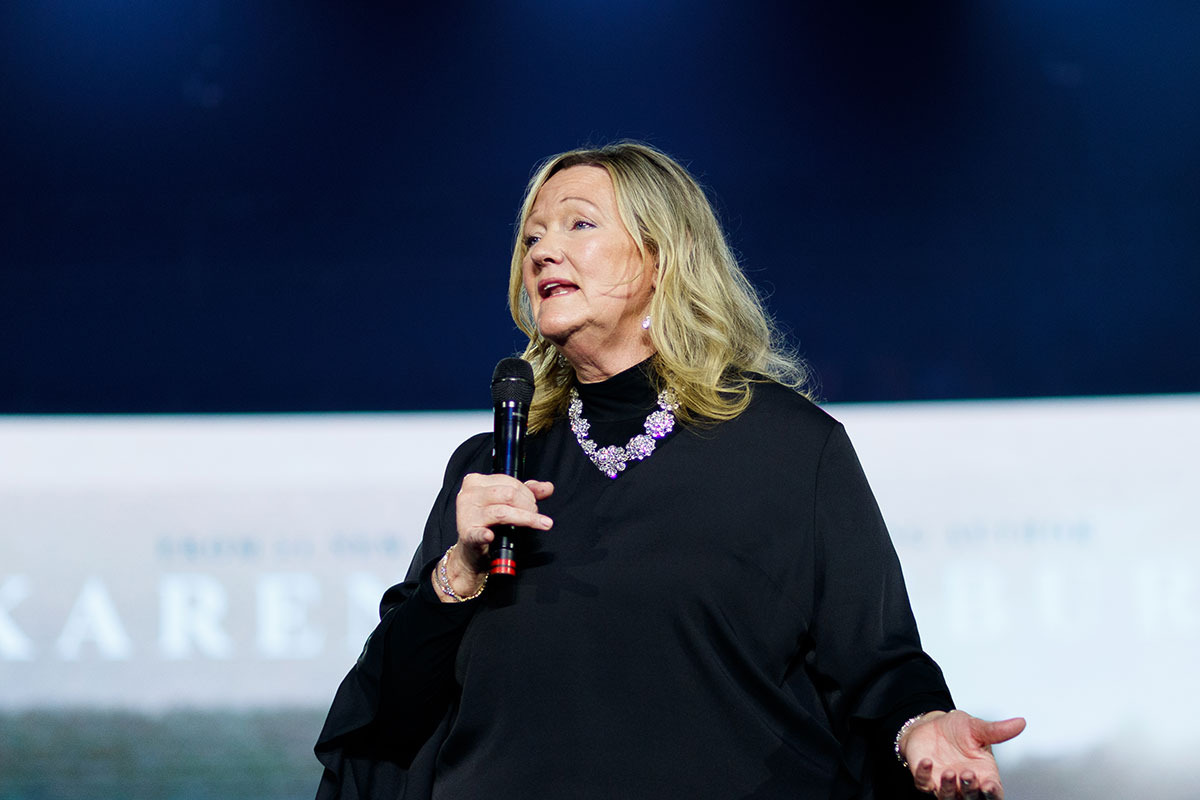Search News Archives
Filter News Articles
Additional Navigation
Students learn how to make an impact on poverty through new monthly series
September 21, 2017 : By Will Young - Office of Communications & Public Engagement

A new workshop series kicked off Tuesday that will give Liberty University students more opportunities to engage with the local residents of Lynchburg and create positive change in the broader community.
Students, faculty, staff, and City of Lynchburg employees gathered at the Center for Multicultural Enrichment on Liberty’s campus for the Fall 2017 semester’s first Lynchburg 101 workshop, featuring a discussion on Lynchburg’s poverty rate, the city’s plan to alleviate it, and how students can help solve the problem.
The discussion was led by Lynchburg’s Assistant City Manager John H. Hughes, who detailed the city’s “Poverty to Progress” initiative that seeks to alleviate intergenerational poverty with a goal of lifting 50 households out of poverty every year for the next five years.
“I think that goal is very optimistic,” Hughes said. “Sometimes things take longer, and you have to realize that in five years, we could have a totally different city council with new objectives, so part of our responsibility is to keep (poverty) on the forefront.”
Lynchburg 101 is a monthly workshop series that was created by LU Serve to keep social and community issues on the forefront of discussion through educating and engaging students about the issues that directly affect Lynchburg.
 “We surveyed students and community partners and determined what topics were relevant to both groups and began creating our workshops topics,” said LU Serve Local and Domestic Engagement Director Scott MacLeod. “We discovered that there is a large population of Liberty students who know very little about the community they live, study, work, and play in. The Lynchburg 101 series is a collaborative effort to connect the two.”
“We surveyed students and community partners and determined what topics were relevant to both groups and began creating our workshops topics,” said LU Serve Local and Domestic Engagement Director Scott MacLeod. “We discovered that there is a large population of Liberty students who know very little about the community they live, study, work, and play in. The Lynchburg 101 series is a collaborative effort to connect the two.”
Throughout the series, attendees will be introduced to other social issues, including malnutrition, prescription drug abuse, and sexual assault, and will be given opportunities to help the city find solutions to this issues. (The full list of sessions is posted on LU Serve’s website.)
Currently, poverty is the largest problem facing the City of Lynchburg, as evidenced in a recent study of Lynchburg from the Weldon Cooper Center for Public Service. It revealed that approximately 24 percent of residents in the city are below the poverty line.
Hughes encouraged students to help diminish obstacles for families living below the poverty line by creating a network of volunteers who can serve various needs. To best assist the city in decreasing its overall poverty rate, Hughes said students should find what they are passionate about and help in the area that allows them to use that passion.

“It all depends on where your desire lies,” Hughes said. “I might say you need to help with transportation, but you may have a heart for food disparity and helping in the food bank. I think you need to take a look and see where you fit.”
There are several opportunities for Liberty students, faculty, and staff to give back to the community. More than 950,000 community service hours are completed by students in the City of Lynchburg, the state, the country, and around the world each year. In April, more than 1,500 Liberty students, faculty, and staff came together for Serve Lynchburg, a one-day service blitz event aimed at connecting Liberty to the Lynchburg community.
Students who feel called to assist in the city’s initiative to alleviate poverty are encouraged to get in touch with the local engagement division of LU Serve or to contact Hughes directly. The next Lynchburg 101 will focus on foster care.


